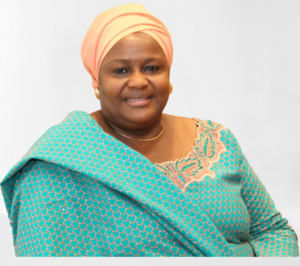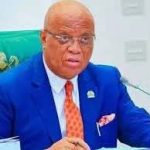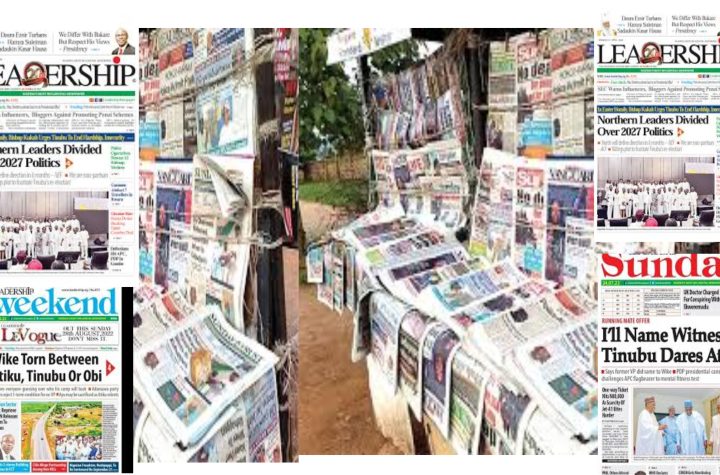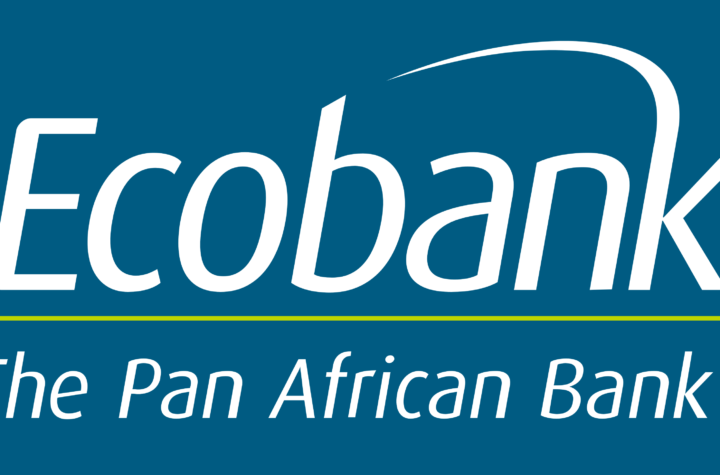
By allcitynews.ng
As a way to create more robust interactions and get satisfying inputs from stakeholders, National Pension Commission (PenCom) has called on National Assembly to subsequently organize a public hearing.

The Director General, Aisha Dahir-Umar, made the call during the just- concluded a retreat on the review of the Pension Reform Act 2014 (PRA 2014) in Abuja.
Explaining the reason for call, she reiterated that the hearing would
provide an avenue for stakeholders to formally make input into the proposed
amendments, she noted that the time to
review the Pension Reform Act 2014 PRA 2014) is ripe.

Also the retreat, noted the PenCom boss is aimed to identify salient issues to be reviewed in the PRA 2014 as a prelude to advancing legislative action on the Bill.
She stated that the PRA 2014 which was enacted following a review of the initial Pension Reform Act of 2004, is meant to introduce legal and institutional frameworks of the Contributory Pension Scheme (CPS) and established PenCom to regulate and supervise all pension matters in Nigeria.
In addition, the DG reminded the participants in event that the PRA 2014 codified one of the most important socio-
economic reform initiatives of the Federal Government, leading to a pension industry that has accumulated pension assets in excess of N13 trillion
invested in various aspects of the Nigerian economy.
She noted that the review is a corollary to some implementation challenges
encountered with certain sections of the Act not long after its enactment in
July 2014.
The retreat is in addition to persistent calls from stakeholders for the amendment of
some sections of the Act, which resulted in several legislative initiatives
through the sponsorship of Bills for amendment of the PRA 2014 by the
National Assembly.
Consequently, the Commission, as the regulator of the pension industry,
decided to coordinate and harmonize the various efforts in order to achieve a
more comprehensive and constructive exercise for the review of the PRA
2014.











More Stories
Ecobank Nigeria spreading its tentacles, unveils new premier Branch on Victoria Island Lagos
PenCom increases Pensioners’ morale by N11.9bn as over 233,000 Retirees benefit in the scheme
Femi Soneye, Nigerian National Petroleum Company Spokesman steps aside